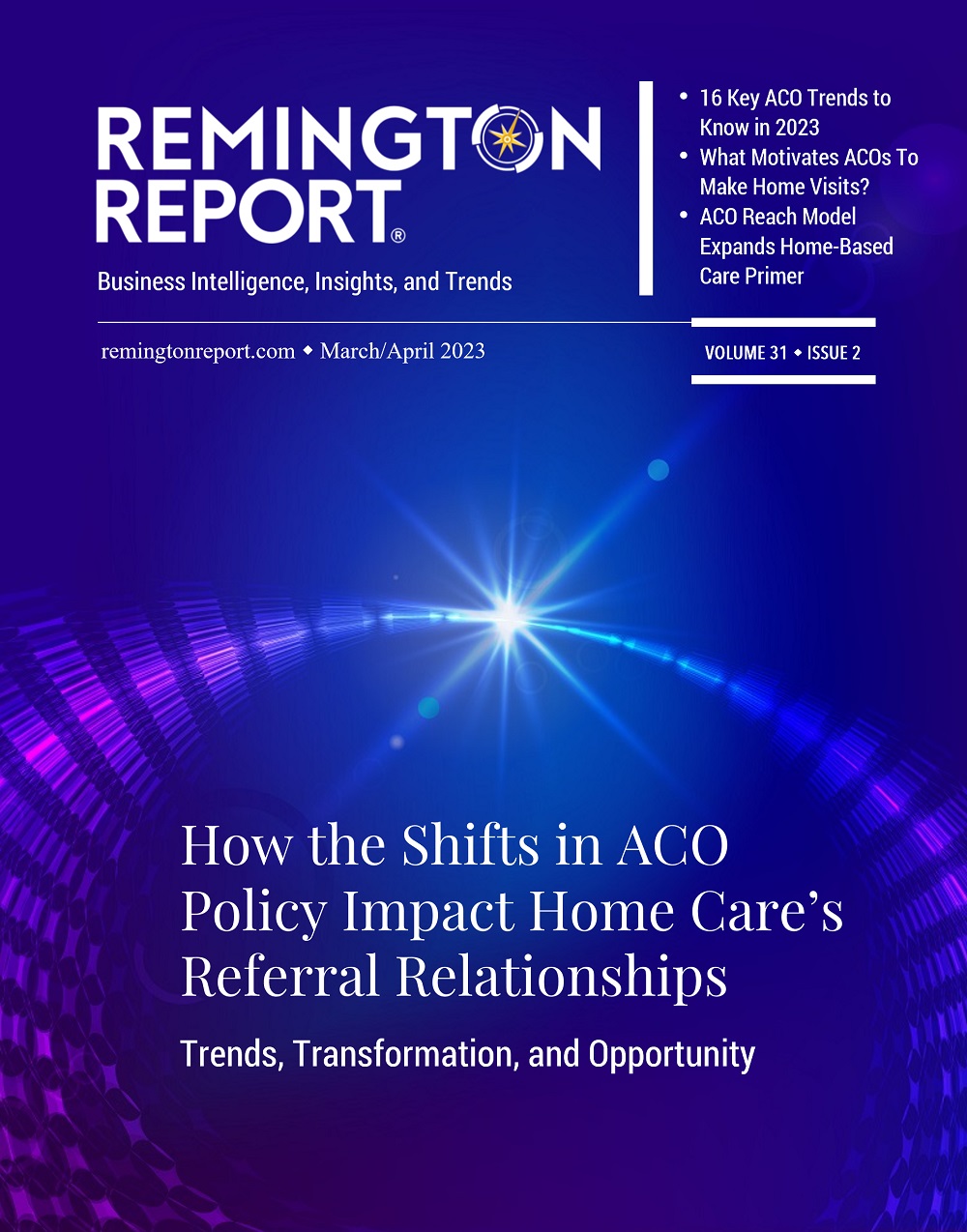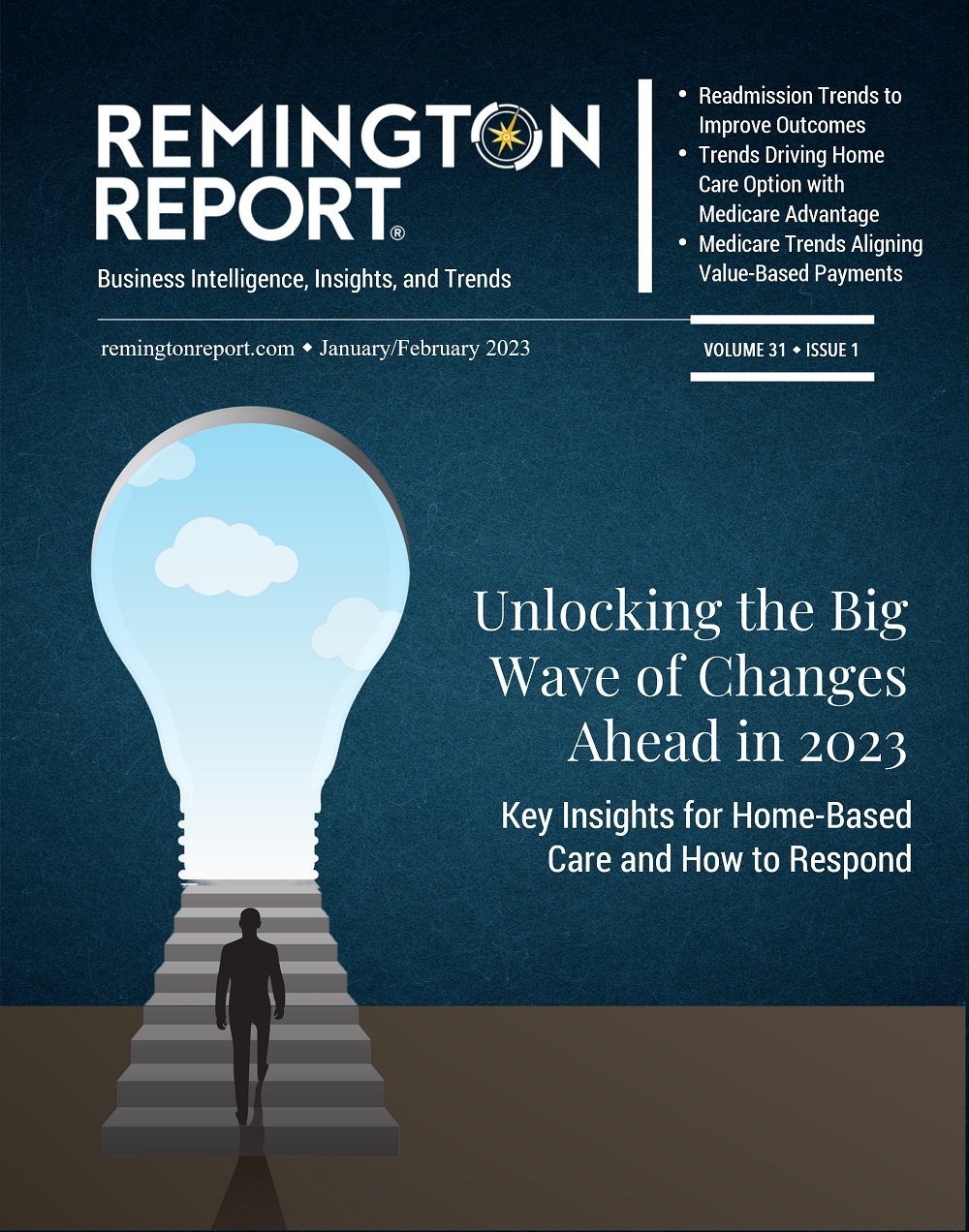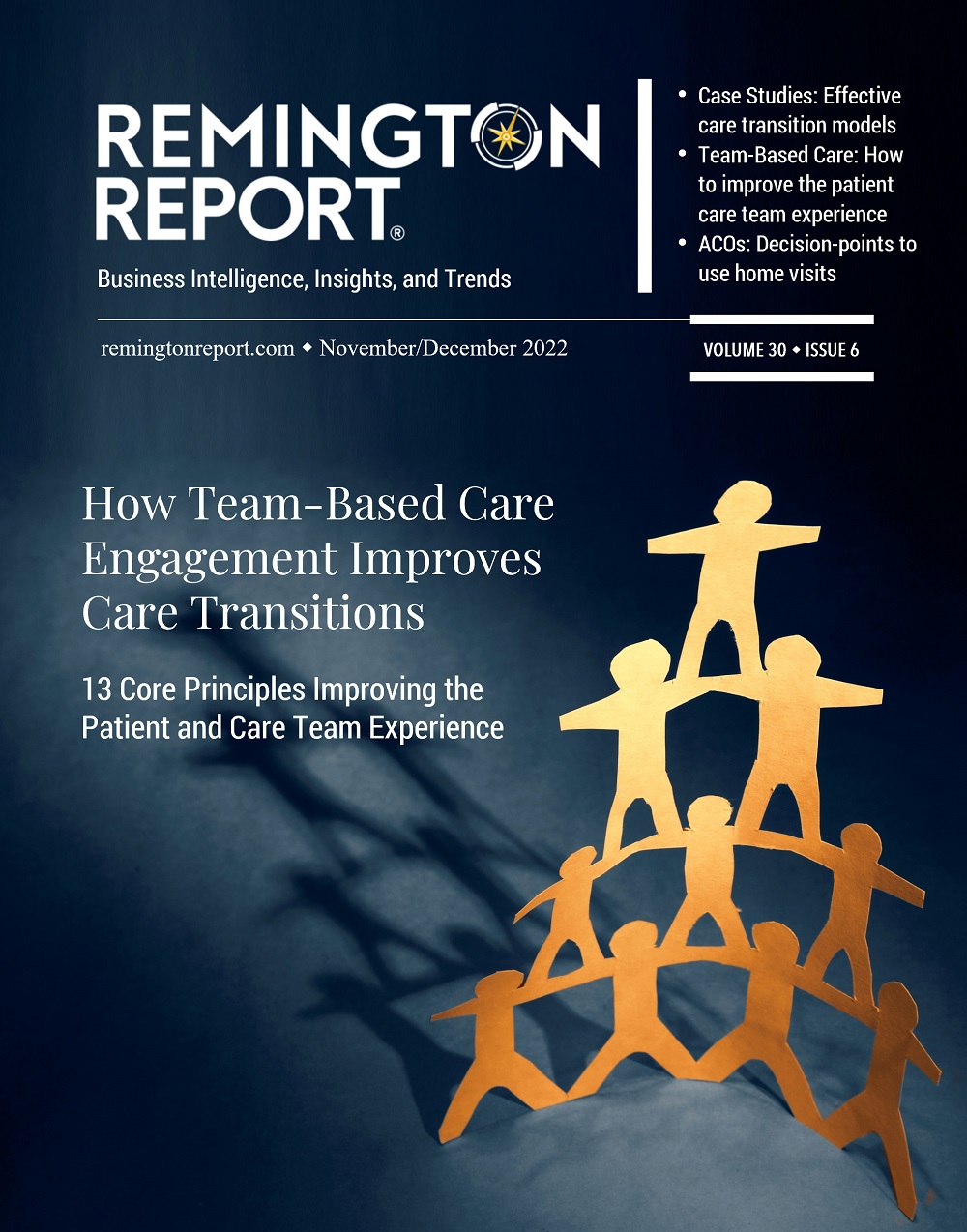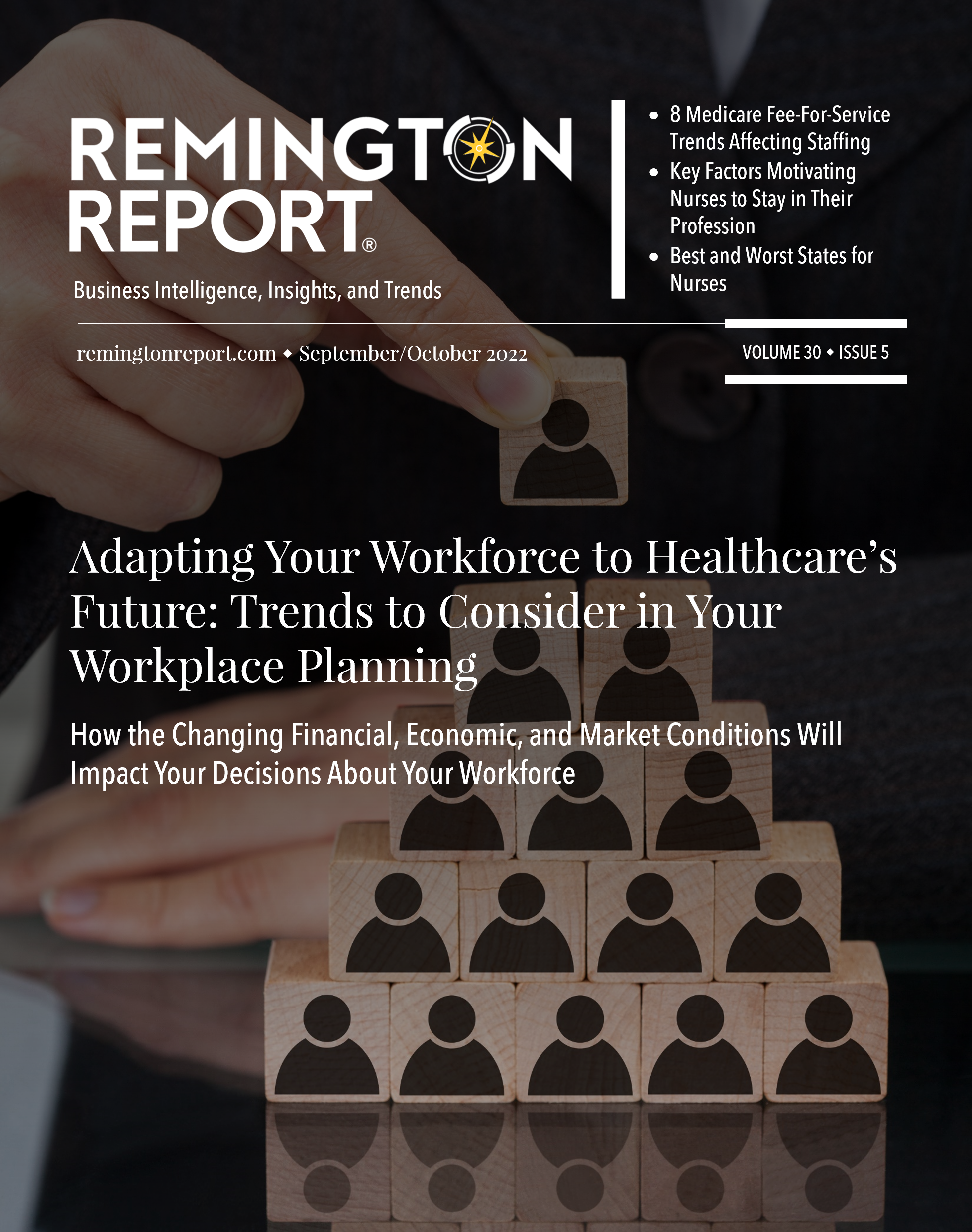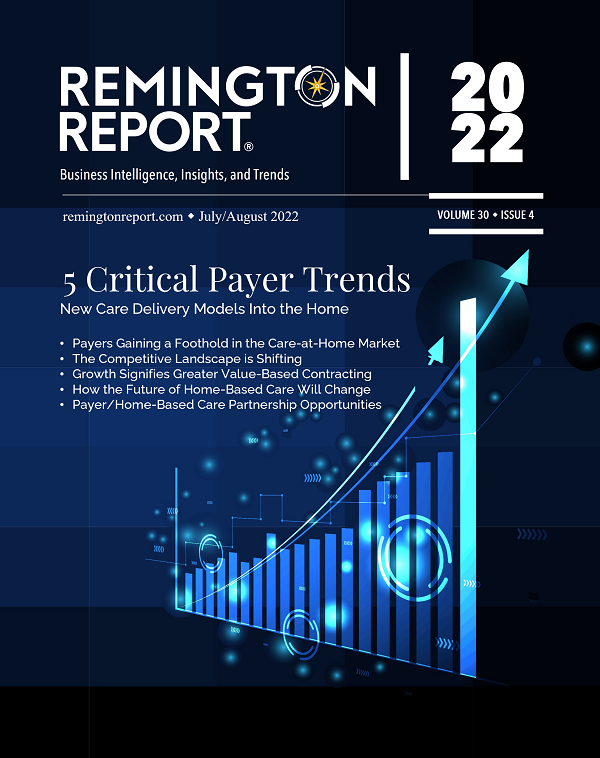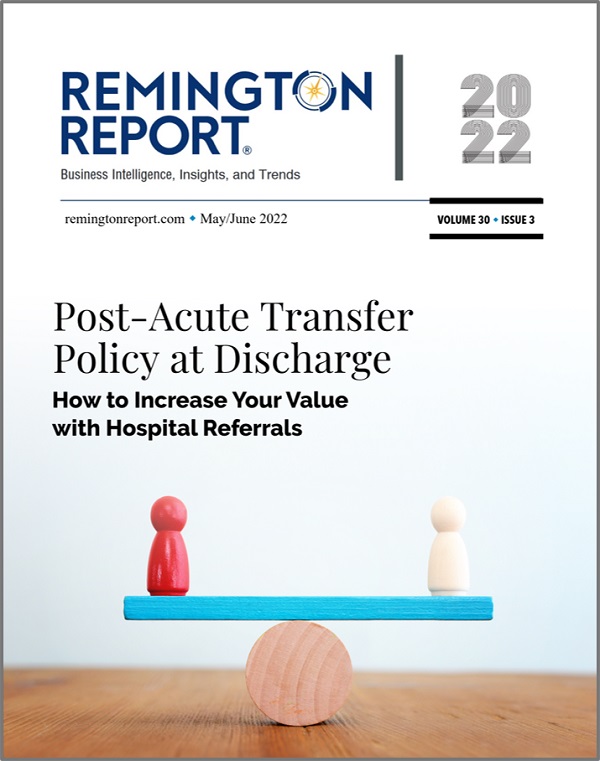The owner of a supplier of home medical equipment (HME) complained that her company did not receive referrals from TidalHealth Nanticoke Hospital [United States ex rel. O’Bier v. TidalHealth Nanticoke, Inc., No. 1:19-cv-687-SB (D. Del. May 11, 2021)]. The Court dismissed the owner’s lawsuit because she could not prove her claims. This case illustrates why providers who complain about practices of referral sources must have facts to support their claims.
Lawsuit
The owner of the HME company filed a whistleblower lawsuit against the Hospital, a doctor and a nurse at the Hospital, and two competing companies. She claimed that referrals were made to other companies because the Hospital received kickbacks from them in violation of the federal Anti-Kickback Statute (AKS) and the Stark laws. The owner also claimed that the Hospital’s refusal to refer patients to her violated patients’ right to freedom of choice. Statutes governing the Medicare Program say that individuals entitled to Medicare benefits may obtain health services from any Medicare provider if the provider undertakes to render services. In addition, the owner claimed that the Hospital rendered services that were not medically necessary. She said that the Hospital sometimes referred patients who already had received equipment from her to her rivals, so patients did not need equipment from these competitors. Finally, the owner claimed that the above violated the federal False Claim Act (FCA).
First, the Court said that the owner did not plausibly allege that defendants violated the AKS or the Stark law. Her argument regarding violations was based on the theory that because the Hospital referred patients almost exclusively to competitors, it must be getting illegal kickbacks from them. “Not so,” said the Court. There are countless other reasons why the Hospital might not want to refer patients to her.
The Court then said that the owner’s premise was all wrong because the Hospital does, in fact, refer patients to her company. Of the thirteen referrals described in her complaint, five of them were referred to her by the Hospital. Only six patients were sent to her competitors.
With regard to patients’ right to freedom of choice, the Court said: “TidalHealth did not violate it. The hospital did not forbid anyone to deal with O’Bier; it just (sometimes) refused to help. The patients were still free to buy from her. They simply needed to find another hospital.”
Finally, the Court said that the owner did not plausibly allege that anyone billed Medicare for unnecessary services. She claimed that her rivals twice sent breathing devices to patients who had already received them from her. In one example, however, the patient refused to accept the rival’s equipment and the owner could not show that the Hospital billed for it anyway. In the other examples, patients took competitors’ equipment and returned the equipment they had to the company. Therefore, said the Court, the other companies’ products were medically necessary.
Based on the above, the Court dismissed the case.
Although it is certainly difficult to understand the Court’s reasoning with regard to freedom of choice, the fact remains that the owner of the HME company could not prove her case. The lesson for providers is that they must have facts to support allegations related to referrals.
Copyright © 2021 Elizabeth E. Hogue, Esq. All rights reserved. No portion of this material may be reproduced in any form without permission.
Other Articles You Might Enjoy
Best Practices for Effective Strategy Execution
Effective strategy execution is crucial for success, as even the most well-crafted strategies can fail if not properly implemented.
5 Reasons Why a 5-Year Strategic Plan May Pose Challenges
Five-year strategic plans in home care often encounter several challenges due to the dynamic nature of the industry.
Understanding Adaptive Leadership in Home Care’s Complex World
Adaptive leadership is not a fixed set of rules or practices; rather, it's a mindset and a skill set that empowers leaders to thrive in turbulent times.





